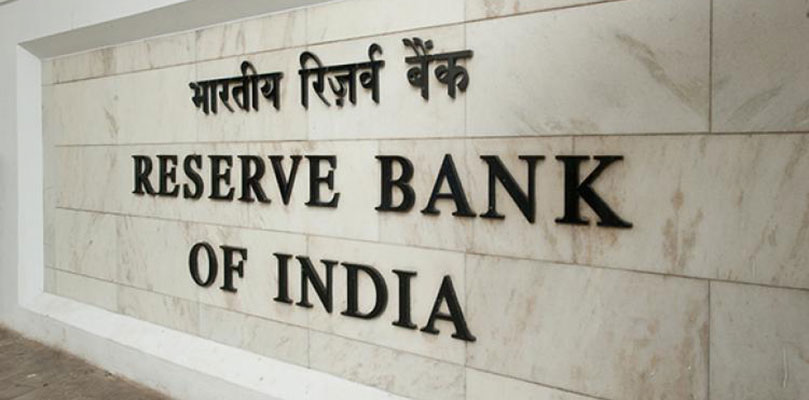On April 5 this year, the Reserve Bank of India (RBI) issued a controversial decree requiring all of the country’s regulated financial institutions to stop providing services to business dealing in crypto within a three month period. According to the bank, the move was formally meant to protect consumers and prevent money laundering – going forward, the bank would be forming a working group was going to be tasked with studying the feasibility of issuing a state-backed cryptocurrency.
As it turns out, evidence has surfaced pointing out that the RBI has not made any serious effort towards studying the principles, the nature and the usage of cryptocurrencies. Prior to the crypto ban, no internal committee had been formed to investigate the purported risks associated with crypto trading and, as such, the ban was not backed by a substantiated decision from experts.
Naturally, the decision to ban the cryptocurrencies did not sit well with Indian cryptocurrency traders and exchanges. While some of the cryptocurrency trading platforms have decided to shift their operations to other crypto-friendly jurisdictions, many others opted to challenge the ban in the Supreme Court.
“The foremost reason we are fighting is because we know that banning is next to impossible and it will make things worse for everyone – for the Reserve Bank, for the government, for the tax department, and for the user. In addition, it will push India back in reference to blockchain adoption across the world. We always have an option to relocate to another country to carry our business, but that’s not the solution. If we cannot convince our own government, we cannot expect other governments to support us,” said Mr. Kunal Barchha, the co-founder of Coinrecoil, an Indian-based digital asset trading platform.
The proponents of crypto India have based their argument on the fact that Central banks do not have the authority to restrict or bank regulated commercial banks from dealing with any industry unless the said industry is declared as completely illegal.
RBI Eyeing Its Own Cryptocurrency
The government of India has not yet declared cryptocurrencies as illegal, and this makes the case for the entire crypto industry in the country. Furthermore, the RBI has been reportedly considering the idea of launching its own cryptocurrency and this is a sign of a possible reversal of the crypto ban. If this is true, the bank and the government can certainly not ban cryptocurrencies simply because they also intend to move into the space.
According to Ripple’s Global head of infrastructure, Dilip Rao, the RBI’s plans to launch a digital currency will definitely reshape the country’s financial landscape in case it comes to pass.
“There is a great regulatory comfort with Ripple Net, particularly in the light of the Bank for International Settlements’ policy requiring central banks to have a backup for payment systems having non-similar technology,” Mr. Rao said in a June 15 report that was published in the Times of India.
